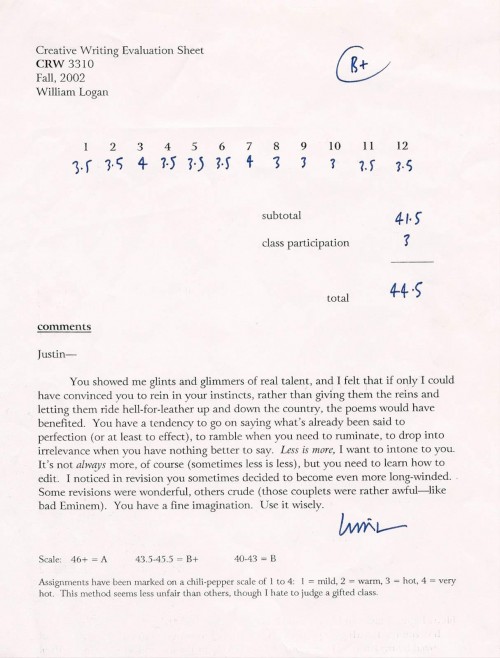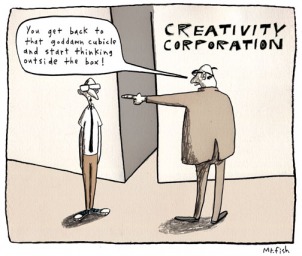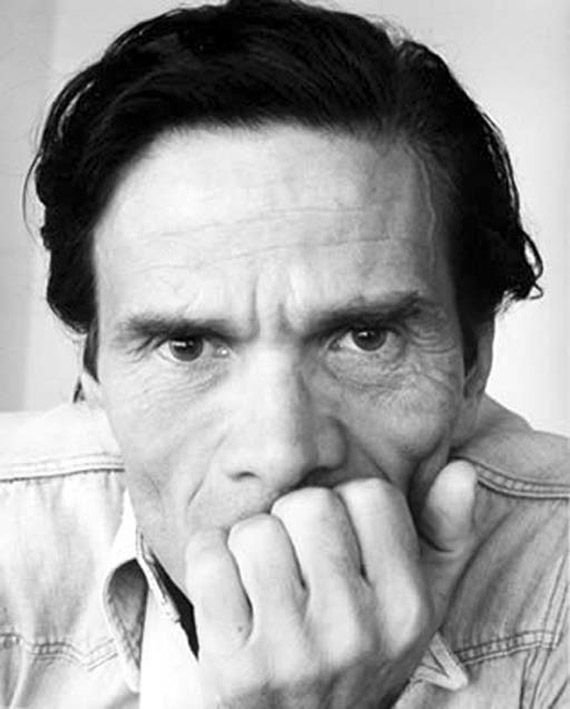 A friend recently sent along some wondering for submission to GIANT discussion. Their question (skip down to the blue if you want to avoid me getting off topic with brain science) maybe intersects Lily’s post yesterday about the definition (and neurobiology) of creativity. Is there “hardwiring” involved in our expression/communication motivations? Is that expression/communication goal-based or process-based? Do we need intense pompadours? I’m getting farther afield with each question I add to the question I haven’t even shown you yet, but I’ve been reading Antonio Damasio’s The Feeling of What Happens: Body and Emotion in the Making of Consciousness, which proposes (among many things) that emotions and feelings are different (emotions are in the body, feelings are the mind’s awareness of emotions), and that we evolved consciousness in order to be aware of our having feelings. Not just feelings, but our having of them. In other words, we have a mind in order to know how we feel. I can’t help but make lazy/lyrical connections between my anonymous friend’s question and those ideas, but I’m feeling too lazy/lyrical to do much besides wonder. I invite you, kind people, to do more. Here is my friend’s question:
A friend recently sent along some wondering for submission to GIANT discussion. Their question (skip down to the blue if you want to avoid me getting off topic with brain science) maybe intersects Lily’s post yesterday about the definition (and neurobiology) of creativity. Is there “hardwiring” involved in our expression/communication motivations? Is that expression/communication goal-based or process-based? Do we need intense pompadours? I’m getting farther afield with each question I add to the question I haven’t even shown you yet, but I’ve been reading Antonio Damasio’s The Feeling of What Happens: Body and Emotion in the Making of Consciousness, which proposes (among many things) that emotions and feelings are different (emotions are in the body, feelings are the mind’s awareness of emotions), and that we evolved consciousness in order to be aware of our having feelings. Not just feelings, but our having of them. In other words, we have a mind in order to know how we feel. I can’t help but make lazy/lyrical connections between my anonymous friend’s question and those ideas, but I’m feeling too lazy/lyrical to do much besides wonder. I invite you, kind people, to do more. Here is my friend’s question:
In 1903, a nineteen-year old poet by the name of Franz Xaver Kappus wrote to Rainer Maria Rilke to ask for that illustrious writer’s opinions on his poetry. To which Rilke famously replied, in part, to the now misremembered enquirer:
“No one can advise or help you – no one. There is only one thing you should do. Go into yourself. Find out the reason that commands you to write; see whether it has spread its roots into the very depths of your heart; confess to yourself whether you would have to die if you were forbidden to write. This most of all: ask yourself in the most silent hour of your night: must I write?”
Say, today, you weren’t forbidden but were encouraged. Say your writing was very aesthetically impressive, quite observably good. Say you wrote for yourself and no other. Say you had your reasons to write, including the reason that there were no inherent reasons to write, and you felt these very deeply, all the way to the heart. What if the question remained. Must you write?




